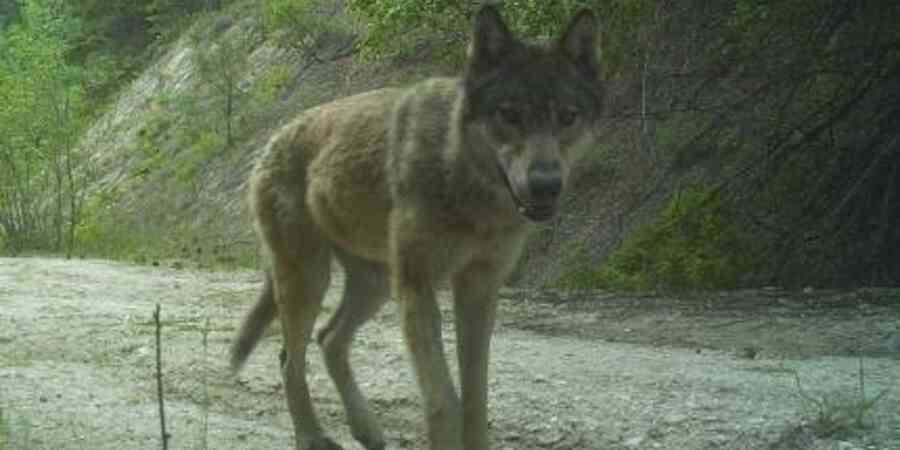

Don’t Let Congress Gut Wolf Protections in the NW
Some Members of Congress are pushing a bill that would strip gray wolves in Oregon and Washington of Endangered Species Act protections—help stop this assault on wildlife. Gray wolves in Oregon and Washington are still fighting for survival, but new legislation would rip away their Endangered Species Act protections. The Pacific Northwest Gray Wolves Relief Act (H.R. 5171) would prematurely delist wolves, leaving them vulnerable to more killing, poisoning, and persecution. In Oregon alone, 36 wolves were confirmed dead in 2023—33 killed by people, including a record number of state‐sanctioned deaths. Illegal killings through poisoning and shooting continue to rise, putting individual wolves’ safety and the recovery of the population at risk. Federal protections are the only safeguard ensuring wolves have a chance to fully return to their historic range and stabilize their fragile populations. Without them, decisions will be left to state agencies that too often allow hunting and trapping at unsustainable levels. Wolves are keystone predators who keep ecosystems in balance. Rolling back their protections now would erase decades of recovery progress and defy both science and public support for wildlife conservation. They are highly social animals that live in well-organized family units called packs. Allowing needless wolf killing disrupts these packs and can encourage conflicts with livestock and other unwanted results. Congress should: 1: Reject H.R. 5171 and keep federal protections in place. 2: Strengthen enforcement against poaching and poisoning. 3: Expand nonlethal tools for livestock conflict prevention. 4: Allow recovery to continue until wolf populations are truly secure. The Endangered Species Act is one of our most powerful conservation laws. Congress must not weaken it to appease special interests. Wolves deserve a future on the landscape—and we need your voice to protect them. Add your name now to demand Congress protect wolves in Oregon, Washington, and throughout the country, where they are not recovered and vulnerable to aggressive state-sanctioned hunting and trapping.
By signing, you’re agreeing to receive periodic messages from Animal Commons—you can unsubscribe anytime. For texts, message & data rates apply.
While on this site, you may also see content from other organizations that use CivicShout.com, the content of which Animal Commons is not responsible for.
